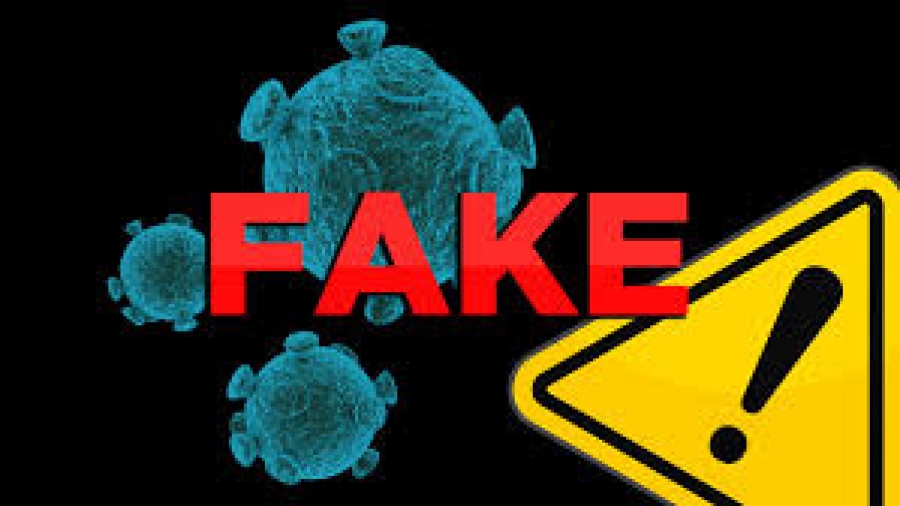Covid cure rumours worry experts
Friday 24 April 2020 | Written by Legacy Author | Published in Small World

UN warns of potentially disastrous impact of Covid-19 rumours in the Pacific.
Misinformation about Covid-19 could kill people in the Pacific, the UN has said, urging island populations across the region to heed official health warnings, The Guardian has reported.
PACIFIC – Rumours about Covid-19 – that it can be prevented by drinking alcohol; that the virus is killed by exposure to cold, or conversely to heat; or that being able to hold your breath for 10 seconds means you are free from the virus – are circulating on social media within Pacific countries and across the region.
“These misinformation campaigns could literally cost lives,” Sanaka Samarasinha, the UN’s resident coordinator for the Pacific, told The Guardian from Fiji.
“It is one of the major challenges for governments and for the UN across the region.
“This misinformation is circulating on social media, particular ways of protecting yourself, cures for the virus. They are not proven, many are downright wrong, and they are putting people at risk, giving them a false sense of security.
“The other issue is some rumours are trying to blame particular organisations, or ethnic groups, or individuals, so there is the risk of stigma and fear too. I worked in Liberia during the Ebola outbreak, and trust breaks down, trust in institutions, trust in each other, when you have this kind of misinformation.”
Samarasinha said that given Pacific communities’ vulnerabilities to viral pandemics, “all it will take is a few people, even just one who is infected, not obeying a curfew, not following protocols, to set off a chain reaction”.
The Pacific has so far kept Covid-19 remarkably restrained by global standards. Several Pacific countries, including Vanuatu, Tonga, Samoa, the Solomon Islands, and Palau report remaining Covid-19 free.
Many island nations, recognising their inherent vulnerabilities to a pandemic outbrea moved early in closing their borders, in shutting schools and businesses, and imposing strict social distancing and lockdown measures on their citizens.
But their natural advantage in preventing an initial outbreak of Covid-19 – geographic isolation – is a weakness in countering an outbreak when it does occur.
Few countries in the Pacific can test for Covid-19 – only PNG and Fiji have domestic testing capabilities – so samples need to be flown to major centres, but most airlines are grounded, slowing responses to the virus.
Many countries, however, remain dramatically under-equipped to deal with serious cases – Vanuatu, a country of 80 islands and 300,000 people, has only two ventilators.
The loss of homes and shelters as a result of Tropical Cyclone Harold means people in Vanuatu are unable to socially distance.














































